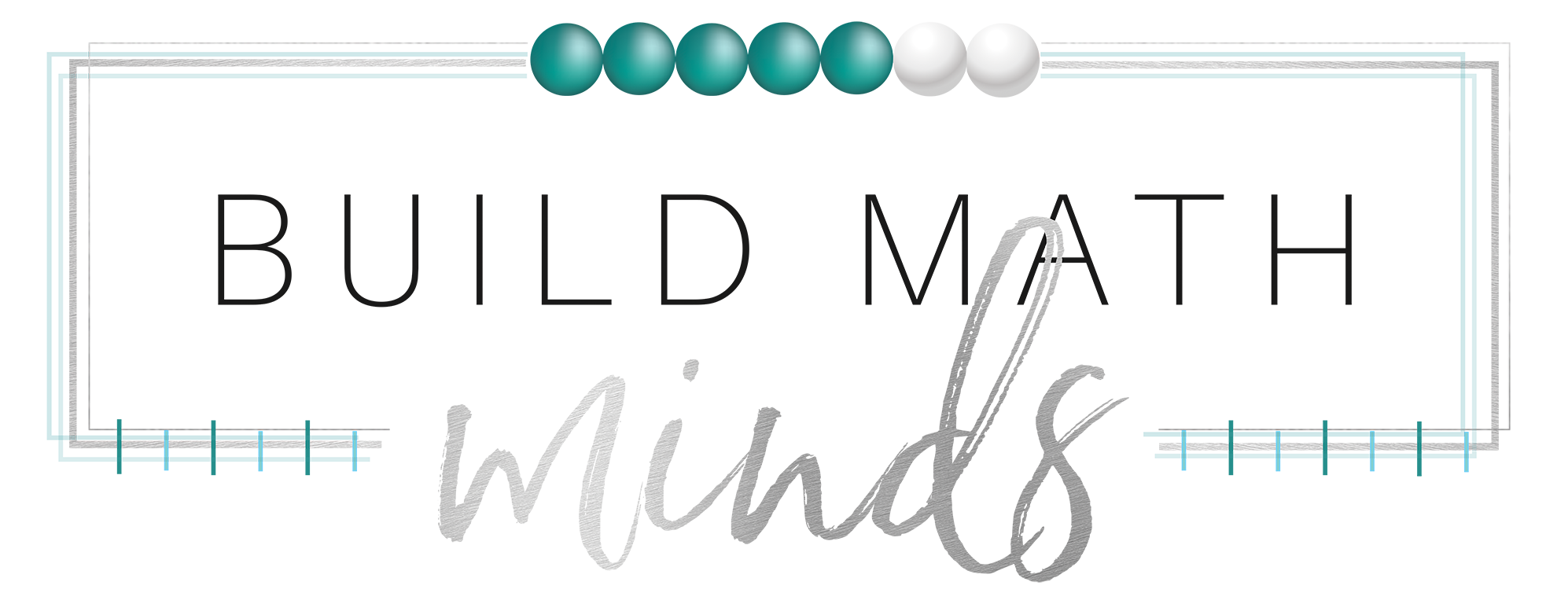Well, it is that time of year again when teachers start to look forward to all of the wonderful testing that they get do in their classroom. Right? Well, unfortunately, testing and doing assessments is just part of teacher life nowadays. However, I am not a big fan of most of the testing that we have available to us.
Watch the video or read the transcript below:
Here are links to products/activities mentioned in this vlog. (Some may be affiliate links which just means that if you do purchase using my link, the company you purchased from sends me some money. Find more info HERE about that.)
- My Number Sense Assessment (on my Freebies page) – http://buildmathminds.com/freebies/
- Dr. Nicki’s Math Running Records – https://guidedmath.wordpress.com/math-running-records-videos/
- Math Running Records book – https://amzn.to/2wI066O
- New Zealand Assessments – https://nzmaths.co.nz/assessment-tools
- Content Emphases Vlog post – https://www.therecoveringtraditionalist.com/content-emphases/
- Graham’s Video – https://www.youtube.com/watch?v=PSF-o8K6gYc&feature=youtu.be
What’s Wrong With Most Tools
Let me start off with why I think most progress monitoring tools are doing it wrong, basically. My first one is that a lot of the tools measure based upon the wrong scoring techniques. Here’s a little example from a popular progress monitoring tool.

I’ve blocked it out for anonymity purposes but a lot of these kind of look similar, that basically, you are scoring based upon how many digits they get correct. You’re not even looking at overall did they get it right or wrong, but it’s how many digits did they get correct. Which I guess is a little bit better than just marking it incorrect or correct.
But, the problem is that when we get the results back as teachers, because typically as teachers we are not giving the assessment, it’s often given by somebody else and all we get back is score, is that these scores don’t really tell us much about the student thinking.
Let’s take a look at one of these problems in particular, the 83 – 34.
So let’s say that some of the students get different answers and somebody gave the answer 51, somebody gave 59, and somebody gave 48. And of course, there’s the correct answer as well of 49. A kid there would get two points, according to the scoring system of this progress monitoring tool.

But these answers that kids are giving, don’t really give us insight. All we know is that the first kid got zero points.
The second kid got one point.

The third kid also got one point.

But it doesn’t really tell us anything about why they got those points, what mathematical knowledge led them to that answer? How do we use that information from the assessment to help them? How do we use that to help them become better?
One of the main purposes of assessment is for us to use that assessment to inform our instruction, and way too many of the progress monitoring tools don’t do that for us.
Focus On Number
Alright, the other thing that I just don’t love about most of the progress monitoring tools is that they’re on one side or the other of the types of content that they are assessing. So the example that I had showed previously was fully focused on computation. It’s just a sheet of computation and we’re looking at are they able to add and subtract or multiply and divide? As you get into fractions, it’s computation with fractions. It’s just about computation.
Now the other side is assessments that try to focus on all the concepts of mathematics. So it’ll have some computation tasks, it’ll have some stuff on measurement, it’ll have some geometry, etc. It covers everything.
The issue that I have with that is that, especially for kids who are in need of intervention, the focus should not be on measurement and time and money and geometry. The research shows that kids in need of intervention need a strong focus in number. But, the problem is that assessments, when we say “number,” they start to focus in on computation with number, but an understanding of numbers is not just computation. It’s a whole lot about number sense and place value and some flexibility with numbers.

So, if we want a true understanding of where kids are struggling, we have to look beyond just computation, and most of the assessments don’t do that. So we do need to be focusing on number and number sense, but that is not just through computation.
What I Suggest Instead
Even though you’ve watched this video and I gave you some information, you may be forced to use one of these types of assessments that are out there that I say are really bad because that’s what’s required of you.
But, I want to give you some information through this video that makes you be able to say, “You know, I just, I hate this.” But you don’t quite know how to verbalize what’s wrong. You just are like, I hate this, but you don’t know how to really combat it. So hopefully through the video, of the couple of things I’ve already talked about, but also showing you other things that are out there, it’ll give you some knowledge to talk about why it isn’t good and some alternatives that you could maybe present to people.
One of the first things that I suggest is one that I developed is about number sense, and it is not standards-based, it is not norm-referenced, all of that kind of stuff. It’s based upon things that kids are lacking. So you can’t like check off a standard. It is all around number sense concepts. It’s located on the freebies page and it’s called The Number Sense Assessment. It teaches you to look at ideas that are not necessarily taught in your standards but that kids need in order to perform the standards to do well with the content at their grade level.
Now the other thing that I would encourage you to use if your school is wanting to look at computation and specifically the facts, I would highly encourage you to move towards using the Math Running Records because they not only focus on did they get it right but they look at analyzing strategies. Do students have flexibility? How are they trying to solve these problems, not just did they get it right or did they get it wrong.
Dr. Nicki is the go-to person on Math Running Records and I highly suggest hers because number one, they’re free. You can get the Math Running Records book, but she has them all posted, just the general running records, on her site. Don’t pay for some on Teachers Pay Teachers. Go directly to Dr. Nicki because she has based them on research. They are very specific tasks that you give to the students to be able to dig out the strategies that kids are using. So, if you need computational stuff, look at Dr. Nicki’s Math Running Records.
The third thing I would recommend instead of what’s commonly used are all of the assessments from New Zealand. You guys, their site can take you in some magical places. New Zealand has some amazing resources and two of them are the IKAN and the GLoSS assessments.
Graham Fletcher did a session about these during the Virtual Math Summit and if you attended that, you saw the whole thing. If not, here’s a quick little video, it’s like two minutes, that Graham does talking about the power of using an in-depth assessment because IKAN and GLoSS, they take longer to give, but they’re more in-depth.
Here’s the fact, guys. If you want something quick and easy, you can get a quick and easy assessment but the information you gain from it will be teeny-tiny. If you want a wealth of information about your students’ understanding, then you have to have an assessment that goes a little bit more in-depth. You personally need to give the assessment because there’s so much that you can learn by giving the assessment yourself. In Graham Fletcher’s video it just really talks about why that is so important and how you’re giving up the time to do an assessment, but it will allow you more time to focus on the things that are really important for your students.
I really want you to make sure that you watch that short little video of Graham’s. Now, I want you to really look at the assessments you’re giving at the beginning of the school year and is it giving you information that really can inform your instruction, and if it’s not, then I would encourage you to look at those three alternatives that I’ve mentioned.
I hope that this has given you some information about progress monitoring with your students and has helped you build your math mind so you can go out there and build the math minds of your students.
Pin This To Pinterest for Later


 Welcome! I’m a Recovering Traditionalist elementary teacher and now, I help teachers and children learn to love math. Explore how I can help provide you PD at your fingertips! BuildMathMinds.com
Welcome! I’m a Recovering Traditionalist elementary teacher and now, I help teachers and children learn to love math. Explore how I can help provide you PD at your fingertips! BuildMathMinds.com